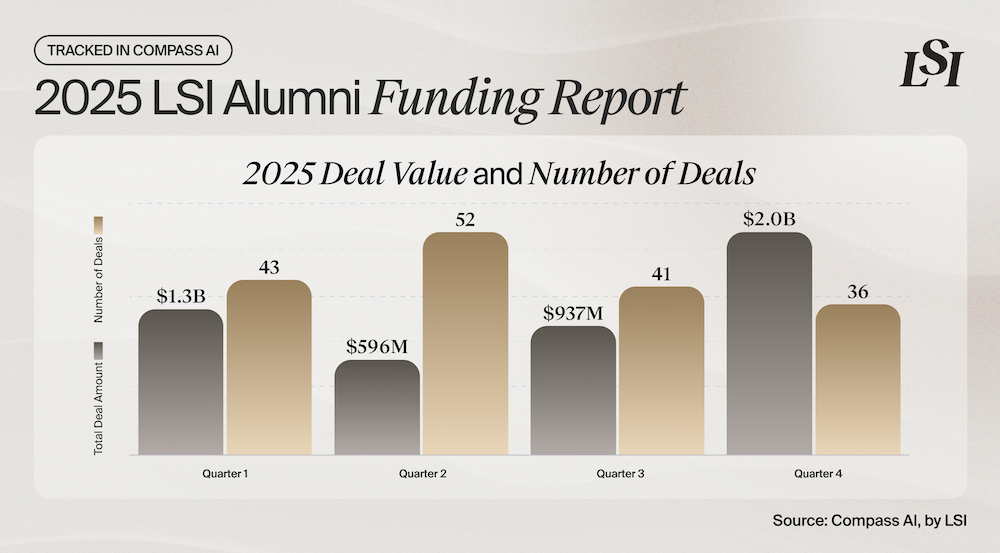
Under the direction of CEO Mohamed Abou-Alam, Precision Cardiovascular is reimagining the future of heart failure management with a next-generation remote monitoring system—a minimally invasive, cloud-integrated solution that enables high-frequency pulmonary artery pressure (PAP) sensing beyond the hospital walls.
“Where the condition is lifelong,” said Abou-Alam, “the solution must be lifelong too.”
Origin Story
Though formally founded in 2021, the roots of Precision Cardiovascular trace back nearly two decades. The company’s foundation was shaped by a trio of prominent researchers, including legendary cardiac surgeon Prof. Sir Magdi Yacoub, whose operating room experience underscored a recurring truth: many late-stage heart failure cases could have been prevented with better out-of-hospital monitoring.
“It was compelling because it came straight from the operating theater,” said Abou-Alam. “You can’t argue with the reality he saw.”
Abou-Alam—a seasoned executive with a background in electronic engineering, neuroscience, and global medtech strategy—joined the company to lead this next chapter. “Heart failure is not just a disease,” he explained. “It’s a syndrome with a devastating, disproportionate impact on patients and families—especially when unmanaged outside the hospital.”
The Current Landscape
The standard of care today relies heavily on reactive care: spot-check readings, blanket medication dosing, and infrequent clinic visits. “A heart failure patient might feel fine until they’re not,” said Abou-Alam. “Then it’s the ER, the ICU, a cascade of events.”
Despite FDA-approved sensor implants already on the market, adoption remains low—an issue Precision Cardiovascular believes is rooted not in technology but in workflow. “It’s not about the interventionalist,” he said. “It’s about the nurses—the ones who manage patients week in and week out. They need tools they can trust.”
Inside the Innovation
Precision Cardiovascular’s PULSENSE is a Class III medical device system comprising three parts:
- A passive, battery-free implant in the pulmonary artery
- A wearable smart patch that noninvasively excites and interrogates the implant
- A mobile app on the patient’s smartphone that connects with the cloud and delivers timely, personalized insights to clinicians
Unlike existing devices that require cumbersome readers or recalibration every five years, the system operates autonomously, quietly, and without routine patient input. “The patient isn’t the bottleneck anymore,” said Abou-Alam. “We’ve engineered a system that works in the background—at rest, at night, and during activity.”
This approach introduces three critical advances: (1) high-frequency sensing to detect meaningful fluctuations, (2) automation that reduces patient burden, and (3) magnification—allowing clinicians to zoom in on moments of clinical significance.
The system’s granularity enables a new level of personalization. “Heart failure patients don’t need the same dose every day,” he said. “With accurate, individualized data, clinicians can titrate medication remotely and change clinic visits from calendar-driven to needs-based.”
The system recognizes patient activity and links it to meaningful health trends, helping clinicians personalize treatment based on how patients are actually living day to day.
Progress and Milestones
Precision Cardiovascular is currently in late preclinical development, with a series of milestones on the near horizon:
- Final animal studies now progressing
- Multi-geography clinical trial slated to begin in 2026
- Regulatory submission planned for late 2028, with approval targeted for mid-2029
As the only UK startup with a Class III implantable system to win two Biomedical Catalyst awards, Precision Cardiovascular is leveraging recent advances in wearable technology and cloud-based analytics to fill a longstanding gap in heart failure care. While legacy sensor implants have remained largely unchanged for over a decade, this system represents a step-change—introducing responsive, context-aware monitoring that aligns with modern digital infrastructure and patient-centered workflows.
Upcoming milestones include:
- A peer-reviewed publication this summer
- FDA feedback expected in ~Q4 2025
- A fall publication introducing a derivation of cardiac output—combining indexed cardiac output and pulmonary artery pressure in a dynamic fashion (i.e., while the patient is active)
Precision Cardiovascular will launch its first institutional fundraise this summer to support these next steps.
Join Us at LSI Europe ‘25
Abou-Alam has been selected to present at LSI Europe ’25 (September 7–11) in front of hundreds of global medical technology companies. Join us in welcoming him to the event in London, where he will share the latest updates on Precision Cardiovascular’s technology and development.

Schedule an exploratory call
Request Info17011 Beach Blvd, Suite 500 Huntington Beach, CA 92647
714-847-3540© 2026 Life Science Intelligence, Inc., All Rights Reserved. | Privacy Policy










